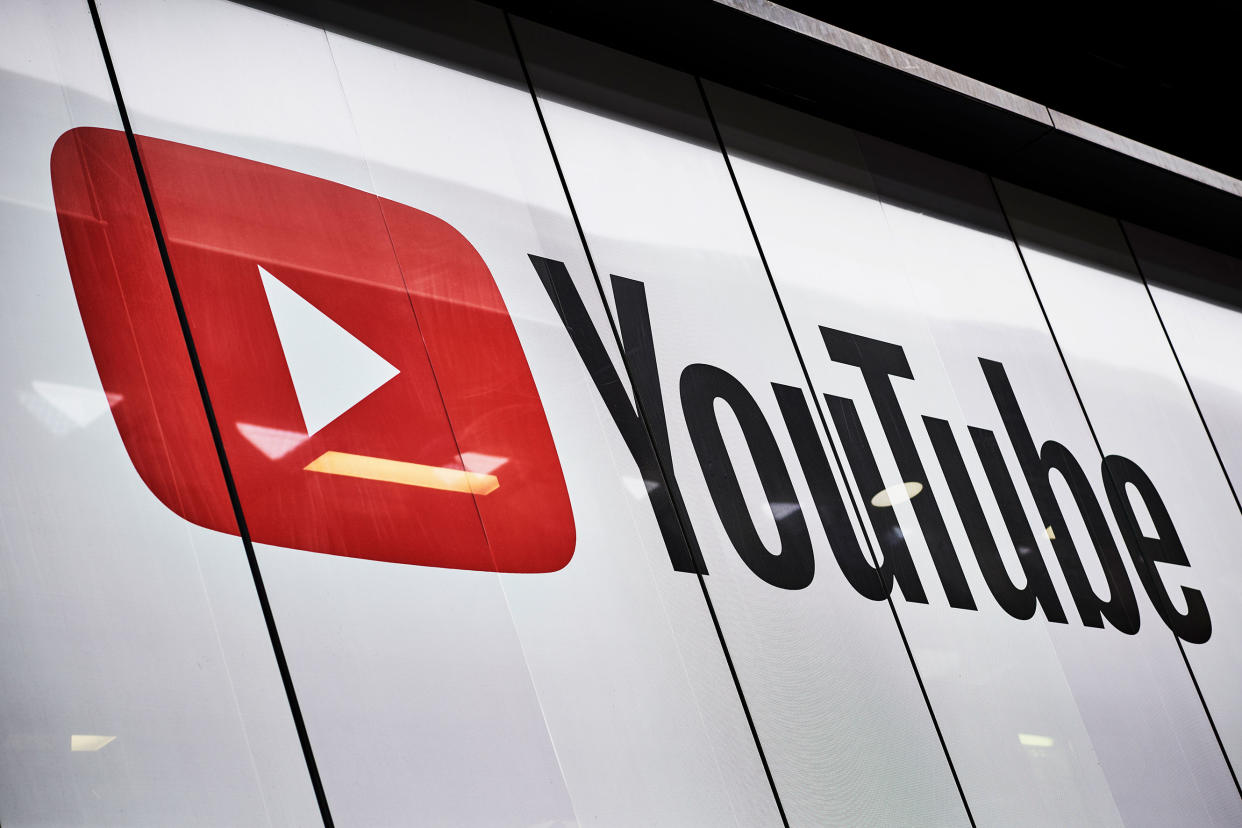YouTube relaxes advertiser-friendly guidelines around controversial topics, like abortion, abuse and eating disorders

YouTube today announced an update to its advertiser-friendly guidelines that relaxes some of its rules around controversial issues, including sexual and domestic abuse, abortions and eating disorders. The changes will allow YouTube creators to monetize their videos on these topics under some circumstances, though not if they go into graphic detail.
YouTube monetization policy lead Conor Kavanagh shared in a video posted to YouTube's Creator Insider channel that the company understands videos that discuss these topics can be a helpful resource to users.
"So we want to ensure that, wherever possible, controversial issues discussed in a non-descriptive and non-graphic way aren't disincentivized through demonetization," he said.
Kavanagh also admitted that some creator communities told YouTube that they feel like they get "more yellow icons" than others -- meaning the video has been marked as not suitable for advertisers -- because they discuss these topics.
With the change to eating disorder content, specifically, YouTube said that it will align its advertiser-friendly guidelines with its existing YouTube community guidelines. That means creators can't monetize videos about eating disorders that share triggers like guides around bingeing, hiding or hoarding food, or abusing laxatives. However, educational or documentary content as well as survivor content that references these aspects of eating disorders without promoting such activities won't be demonetized.
The company had previously revised its eating disorder policy guidelines years after executives from YouTube and other social media companies, including TikTok and Snap, were questioned by U.S. lawmakers about how their platforms deal with eating disorder content.
Today's update follows YouTube's relaxing of advertiser-friendly guidelines earlier this year around the use of profanity in videos, which had prompted a creator backlash. The company said its new profanity rules had created a stricter approach than intended and changed them to allow YouTube creators to use moderate and strong profanity without risking demonetization.
Previously, any video with profanity within the first 15 seconds of the video made it ineligible for monetization and the change was retroactive. With the rollback, creators would be eligible for limited ads if they used profanity in the first seven seconds of a video or throughout the video while videos with moderate profanity would remain eligible to monetize, regardless of where in the video the terms were used.
Kavanagh referenced those changes in introducing the new guidelines, saying YouTube wanted to make sure it was acting on creator feedback. The creator community had expressed their frustration with the new profanity rules, saying they hadn't felt well-informed on the impact of the changes at the time they were announced.
"You told us that when we update our guidelines, you value communication of changes, not only through posts to our update log, as well as studio notifications but also hearing the changes explained in clear terms from some of the people who work on a given policy area," Kavanagh said. "So for updates to our ad guidelines, you can expect more videos like this one, walking you through the changes," he added.


